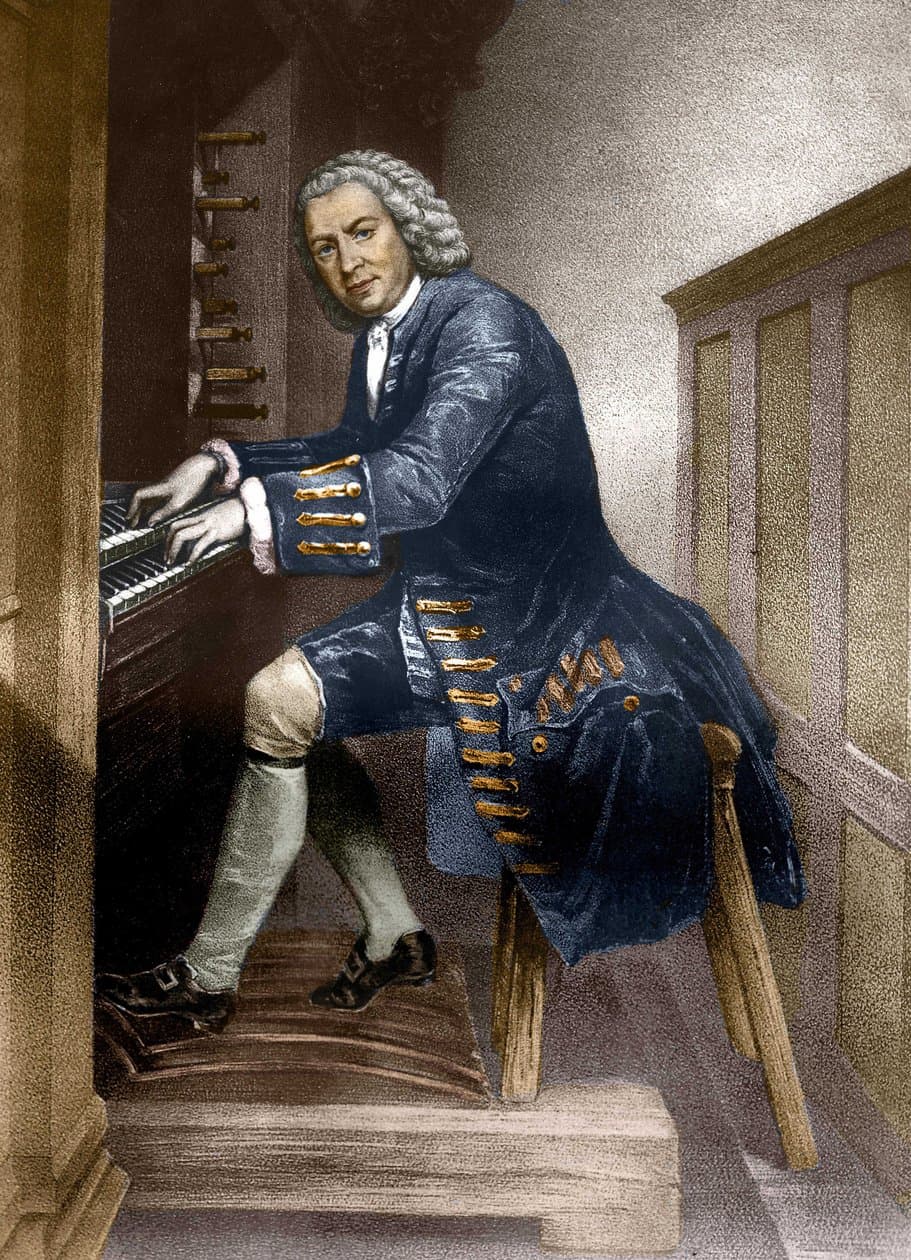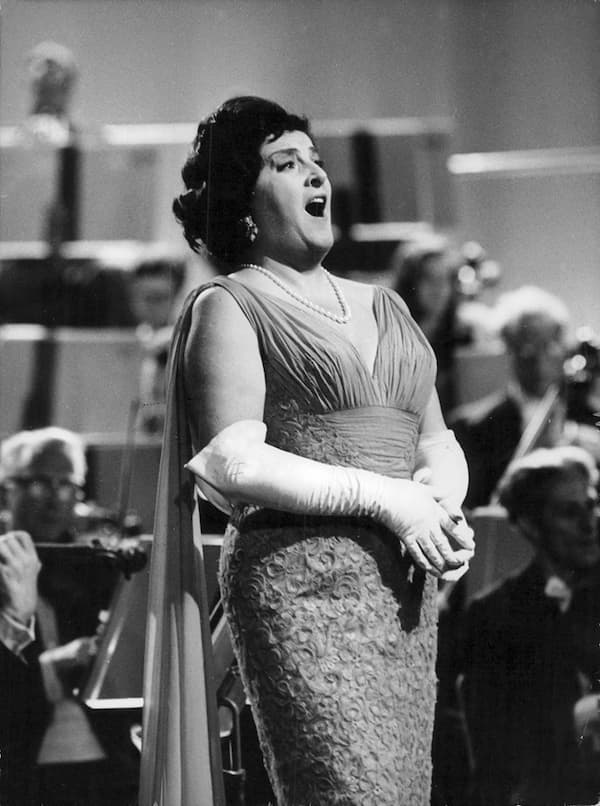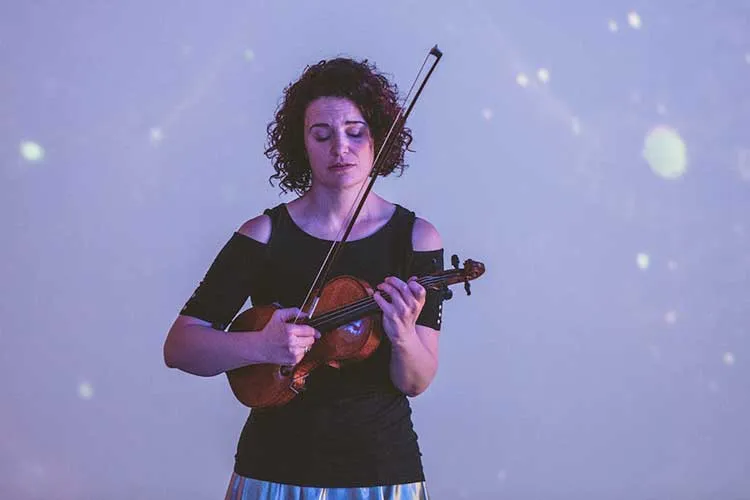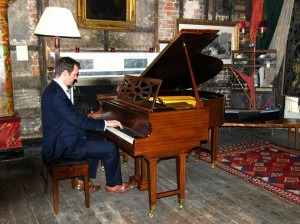 In a recital space somewhere in central London a group of people are seated in a rough semi-circle around a Fazioli 212 grand piano. Some lounge in their seats in a pretence of relaxation, others crane forward eagerly for a view of the keyboard, many clutch music scores with nervous fingers. The young man seated at the piano composes himself for a moment, takes a deep breath, and then lifts his hands and launches into the iconic opening bars of Rachmaninov’s G minor Prelude. The music soars from the piano, filling the space. The small audience listens attentively, and at the end there is enthusiastic applause and many positive comments to the performer. Welcome to the world of amateur pianism.
In a recital space somewhere in central London a group of people are seated in a rough semi-circle around a Fazioli 212 grand piano. Some lounge in their seats in a pretence of relaxation, others crane forward eagerly for a view of the keyboard, many clutch music scores with nervous fingers. The young man seated at the piano composes himself for a moment, takes a deep breath, and then lifts his hands and launches into the iconic opening bars of Rachmaninov’s G minor Prelude. The music soars from the piano, filling the space. The small audience listens attentively, and at the end there is enthusiastic applause and many positive comments to the performer. Welcome to the world of amateur pianism.
Rachmaninov G minor Prelude
How do we define “amateur”? These days, the word has become synonymous with “hobbyist”, or the dilettante, suggesting a certain ineptness: yet many of the amateur pianists I meet through my involvement in a popular London piano group are anything but. A number play to a near-professional standard and some have studied music at university or in conservatoire, but have chosen a different career path to music, perhaps not having the requisite artistic temperament or extreme single-mindedness to hack it as a professional pianist.
I prefer the French definition of the word “amateur” – one who loves – because this is the overriding motivation of the amateur pianist: all the amateur pianists I have met play the piano because they love the instrument and its literature. Those of us who play at a semi-professional level, intermediate players, beginners, returners, “Sunday pianists” all share this consuming passion. Eavesdrop on any conversation between members of a piano group and this love is more than evident as members discuss the myriad aspects of the craft of piano: practising, repertoire, exams, concerts, performance anxiety, favourite professional performers and recordings.
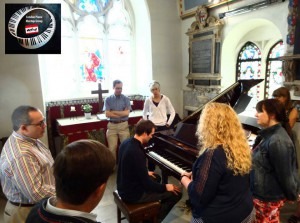 Alan Rusbridger’s book Play it Again (2013), which charts his learning of Chopin’s G minor Ballade, a famously difficult work even for the most seasoned pro, offers some interesting glimpses into the lively world of the amateur pianist. There are piano circles, performance platforms, informal get-togethers, courses and more which bring amateur pianists of all levels together to play, share repertoire and socialise.
Alan Rusbridger’s book Play it Again (2013), which charts his learning of Chopin’s G minor Ballade, a famously difficult work even for the most seasoned pro, offers some interesting glimpses into the lively world of the amateur pianist. There are piano circles, performance platforms, informal get-togethers, courses and more which bring amateur pianists of all levels together to play, share repertoire and socialise.
Chopin G minor Ballade
Every amateur dreams of playing to a full house at Carnegie or Wigmore Hall. Amateurs may never touch the professionals, but they might just move the audience with their fidelity and commitment to the piano and its music. Sometimes the most hesitant performance can impress and inspire because the audience knows the amount of hard work, and anxiety, that has gone into preparing for that performance. Many amateurs practise seriously, sometimes for several hours every day, and cite the therapeutic benefits of playing the piano, the chance to escape the exigencies of everyday life and lose oneself in the music. Those who perform more regularly understand the necessity to manage performance anxiety and hone their stagecraft in addition to pulling off a polished and convincing performance.
Scratch the surface of the world of the professional pianist and underneath it you will find another layer, the wonderful world of the amateur, a place filled with as much music, excitement, passion and commitment as the world of the professionals.
More Blogs
- The Dual Artistry of Dinu Lipatti
Unveiling the Composer Discover his side as a highly talented composer -
 Ten Pieces of Musical Advice from the Great Composers 'I was obliged to be industrious; whoever is equally industrious will succeed equally well'
Ten Pieces of Musical Advice from the Great Composers 'I was obliged to be industrious; whoever is equally industrious will succeed equally well' -
 The Dramatic Soprano: The Powerhouse of Opera From Birgit Nilsson to Maria Callas
The Dramatic Soprano: The Powerhouse of Opera From Birgit Nilsson to Maria Callas -
 Science-Backed Ways to Feel More Confident in Performance What do the world's top soloists do before performances?
Science-Backed Ways to Feel More Confident in Performance What do the world's top soloists do before performances?

